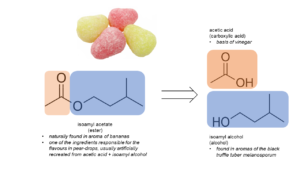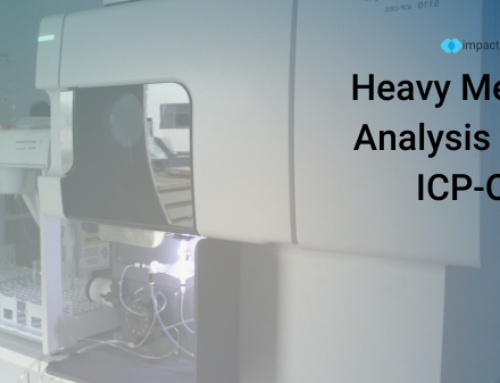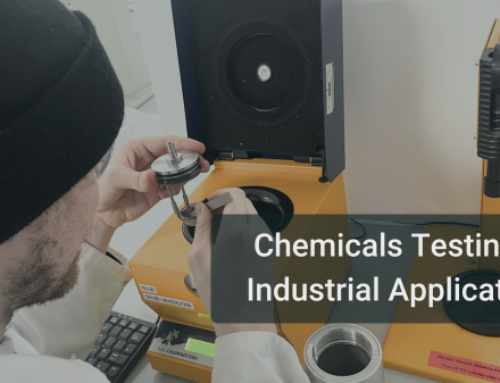What is reverse engineering?
Reverse engineering or deformulation can be applied to analyse the composition of a chemical substance or a product. It may involve breaking down the product into its individual components and analysing their properties and behaviour to determine their identity and how they interact with each other.
The data that is produced from conducting this type of testing can be used to create a similar product or to understand the properties and behaviour of the original product. Reverse engineering can also be useful in identifying impurities or contaminants in a chemical substance, which can be critical in industries such as pharmaceuticals or food production.
Our expertise and equipment to apply reverse engineering?
Our chemists are equipped with standard and frontier chemical knowledge. One of our equipment the GC-MS can help us look at all the fragments/ composition that make up the the original molecules. Chromatogram displays this information allowing us to distinguish how the product was made.
For example, one of the ingredients in a pear drop ‘Ester (isoamyl acetate)’ is responsible for the flavour.

What reasons might you require this type of testing?
Our reverse engineering testing plays a crucial role in combating patent infringement, fostering innovation, resolving quality control issues, and facilitating the market entry of targeted chemical technologies. By adopting a collaborative approach, we establish strong partnerships with our clients, ensuring the provision of confidential and impartial testing expertise.





